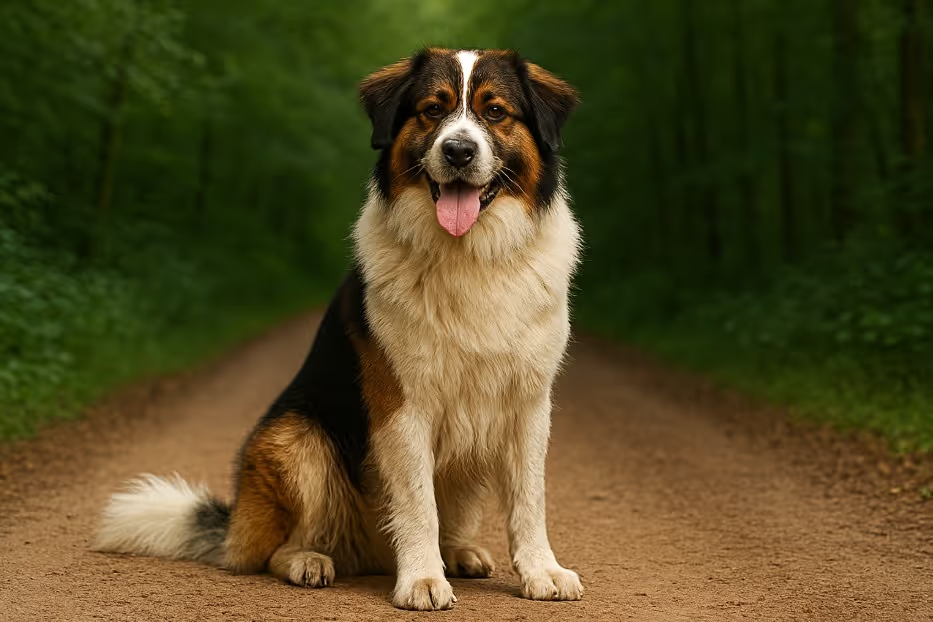The Tornjak is a large, loyal, and intelligent livestock guardian breed from Bosnia and Herzegovina and Croatia, known for its calm nature with family and strong protective instincts. Traditionally used to guard sheep and cattle in mountainous regions, the Tornjak combines power and endurance with gentleness toward those it protects. Devoted and watchful, the breed thrives in rural or spacious homes where it can have a job to do and build a strong bond with its people.

The Tornjak’s roots date back over 1,000 years in the Dinaric Alps region of Bosnia and Herzegovina and Croatia. References to the breed appear in historical writings from the 11th and 14th centuries. Bred to guard livestock from wolves, bears, and other predators, Tornjaks were prized for their courage, reliability, and ability to think independently. The breed’s name comes from the Croatian word tor, meaning sheep pen, and pas, meaning dog. Nearly extinct by the mid-20th century, the Tornjak was revived through dedicated preservation efforts in the 1970s and officially recognized by the Fédération Cynologique Internationale (FCI) in 2017.
A large, powerful, and well-proportioned guardian dog with a thick coat.
The Tornjak’s thick coat requires regular upkeep, especially during shedding seasons.
An active working breed that thrives with daily outdoor activity.
Intelligent and independent, the Tornjak responds best to experienced handlers.
A balanced diet supports their large size and active nature.
Generally healthy, but may be prone to large-breed health issues.
Tornjaks are rare outside their native region.
Are Tornjaks good family dogs?
Yes, they are gentle and loyal with family, including children.
Do they bark a lot?
They will bark to alert or deter intruders but are not generally excessive barkers.
Are they good with other pets?
Yes, when socialized, but they may be protective around unfamiliar animals.
Do they shed heavily?
Yes, especially during seasonal coat changes.
Are they easy to train?
Yes, for experienced handlers—requires patience and consistency.
Are they hypoallergenic?
No.
How much exercise do they need?
At least 60–90 minutes daily.